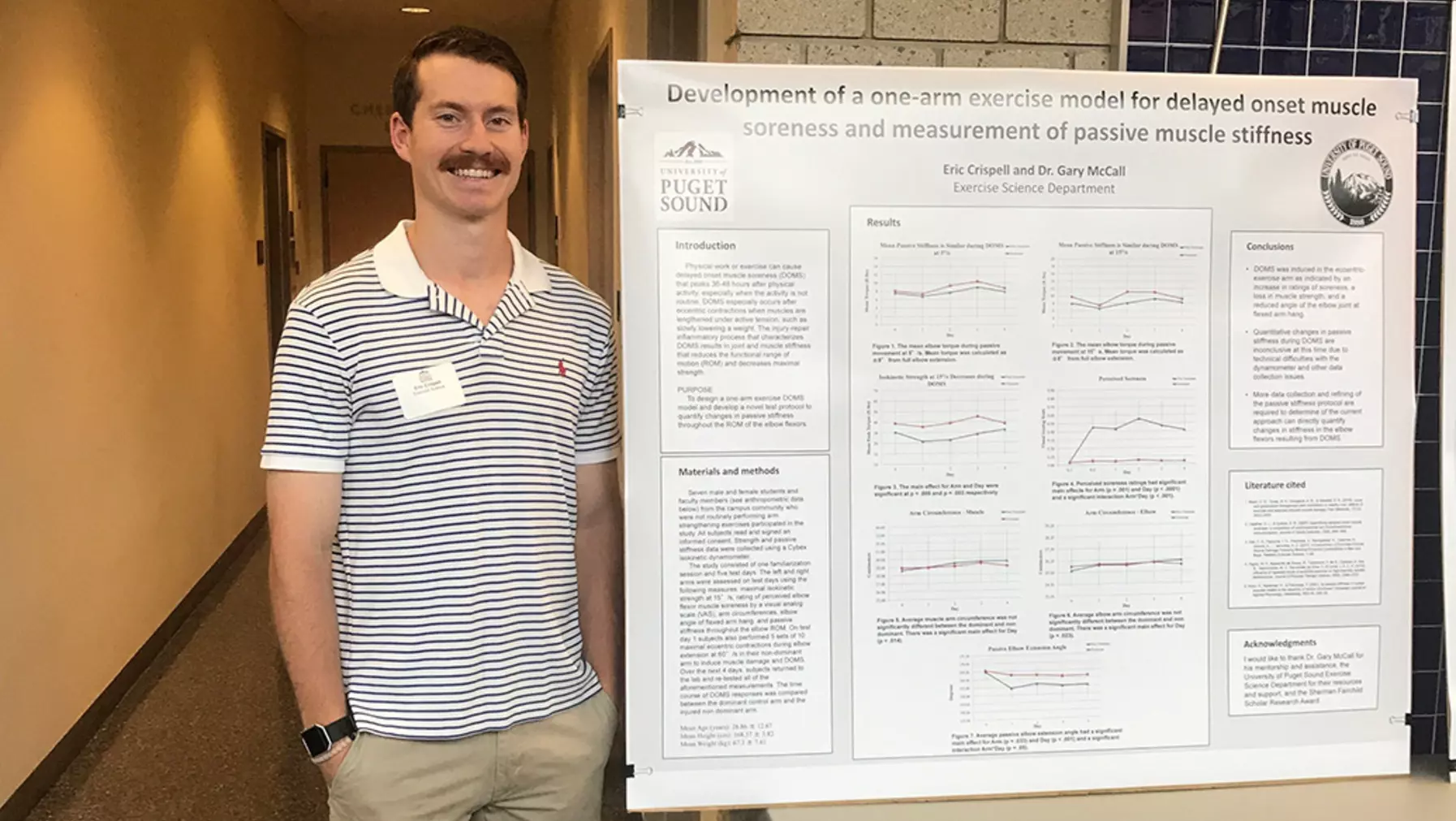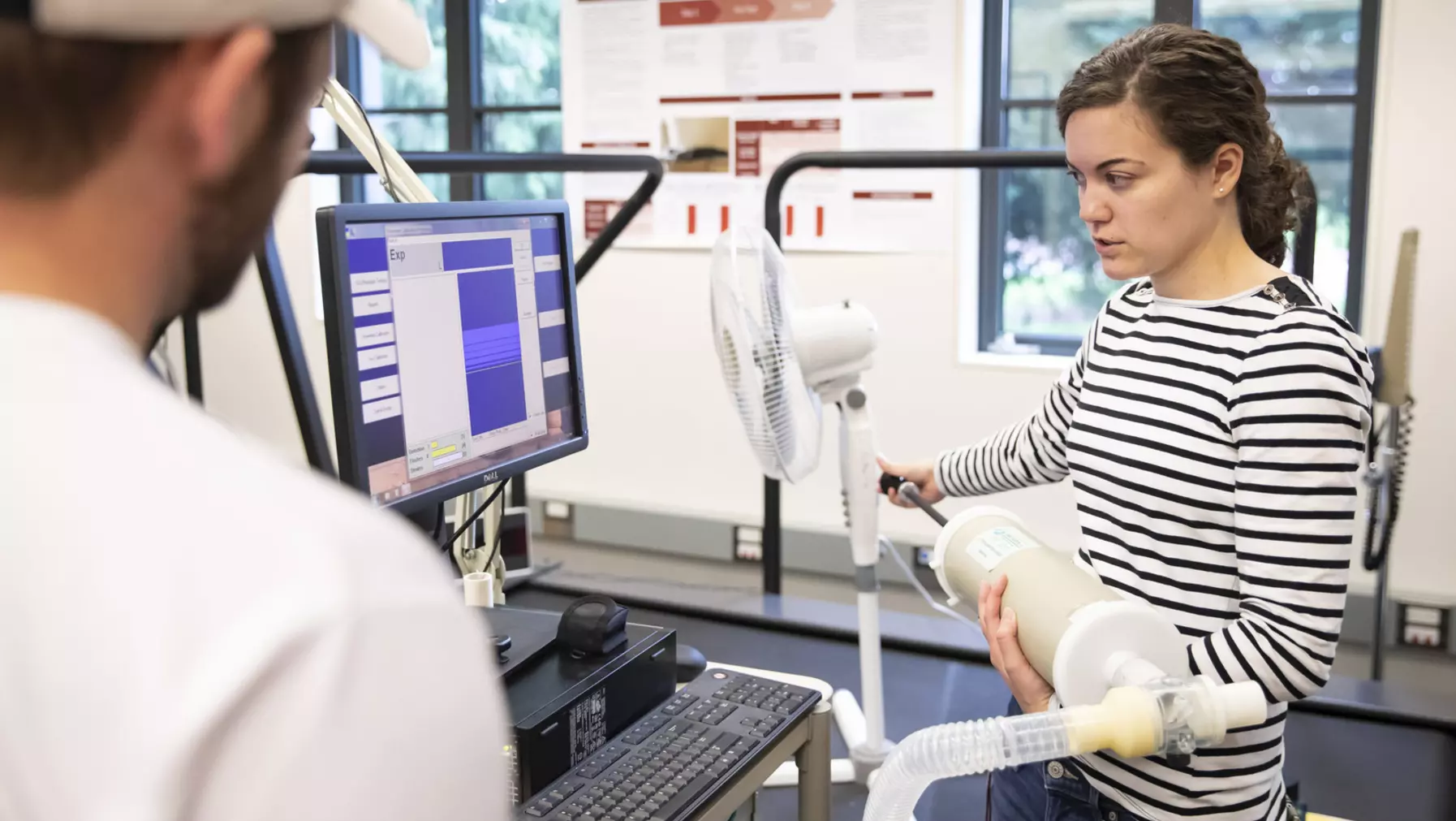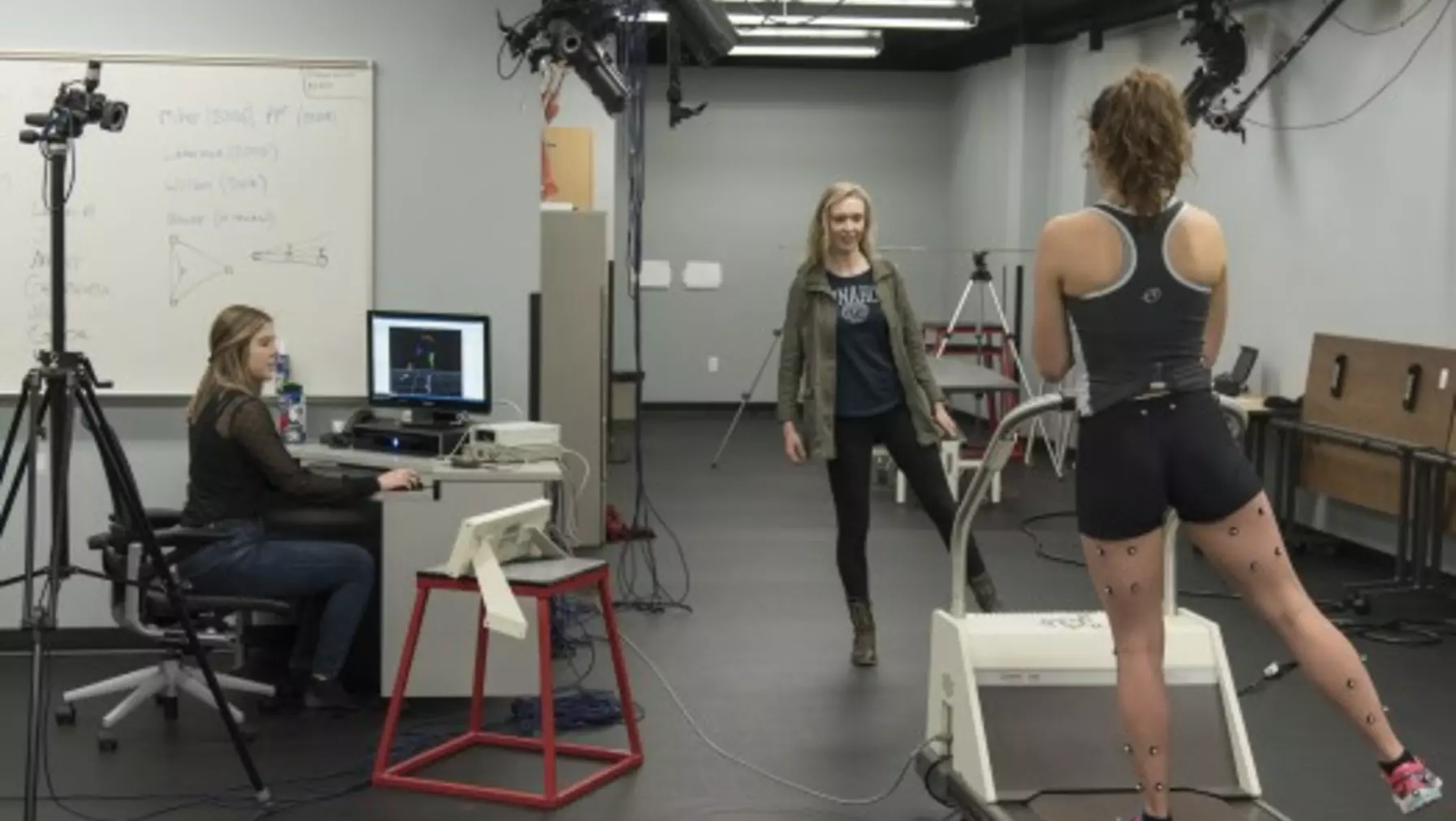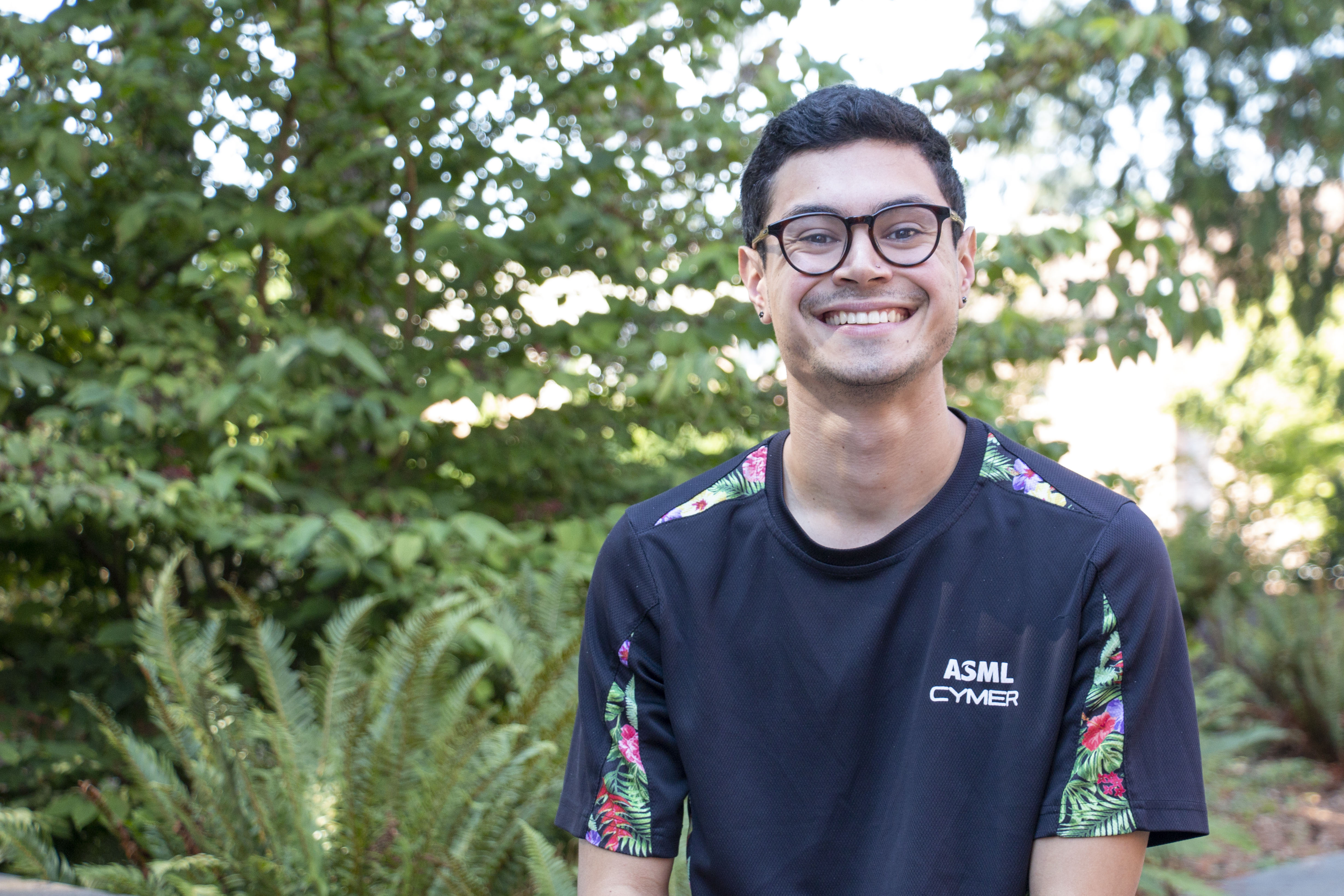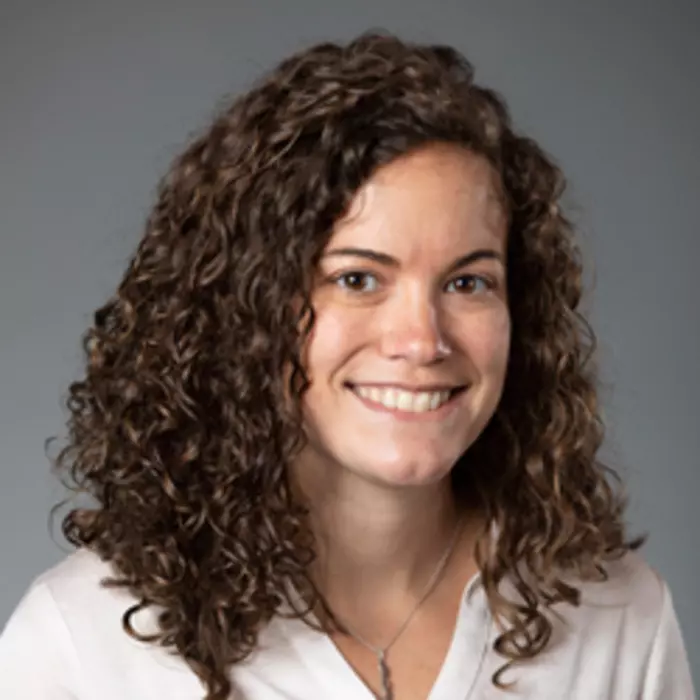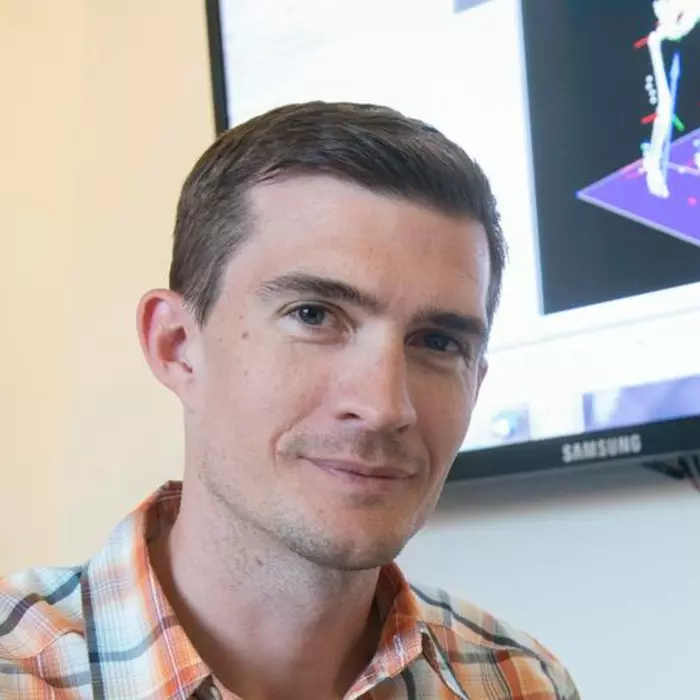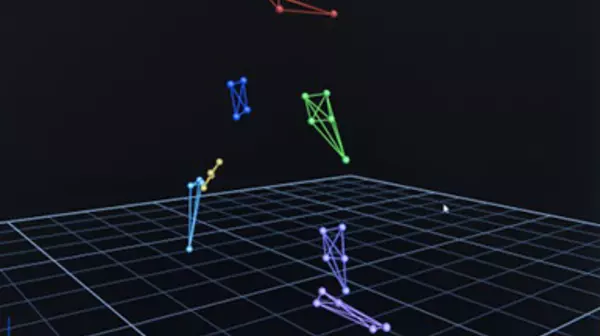How does the structure of the human body explain its function? How do physiological systems respond to exercise and environmental conditions? How does nutrition alter health and human performance? How do your muscles adapt to changes in activity, injury, and disease? How can individuals alter their movement patterns during both sporting and daily tasks to reduce their risk of injury? How can we use research—with both animal and human models—to better answer all of these questions?
Puget Sound’s exercise science department offers students training in exercise physiology, nutrition, neuromuscular adaptation, and biomechanics through a unique emphasis on the scientific approach and development of critical thinking skills. Students engage in the scientific process by learning to ask important questions, acquiring the skills necessary to investigate advanced topics, and gaining the confidence to articulate ideas. At the conclusion of the exercise science curriculum, students are prepared to immediately enter the workforce or to continue their studies toward various graduate degree programs.


